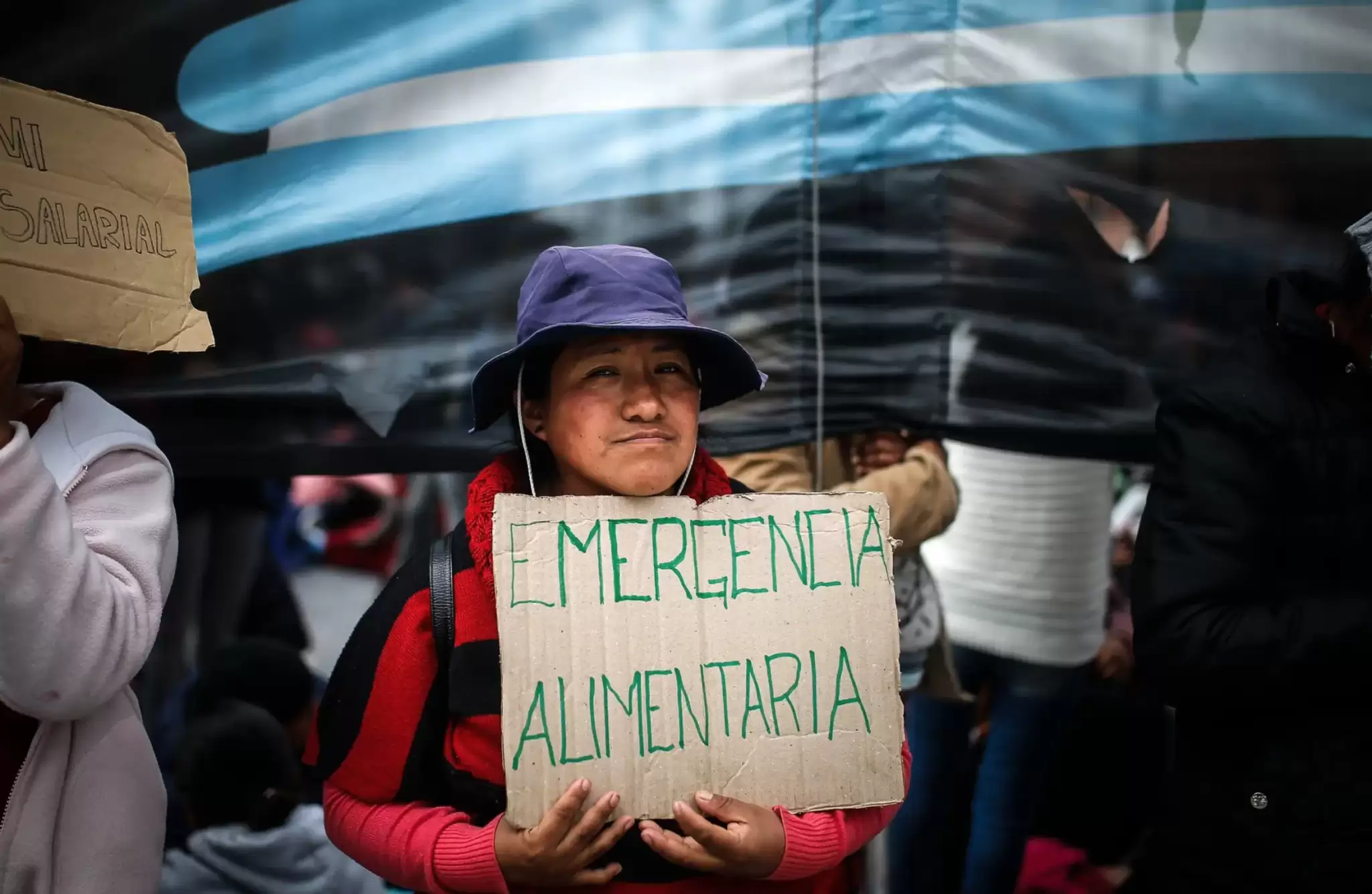If economic history has been marked by the irruption of natural catastrophes and economic risks, the distinctive feature of the Anthropocene (a geological epoch marked by the significant global impact of human activities on terrestrial ecosystems) is human’s responsibility for the amplification of this risk.
Until a few years ago, risk was still associated with natural disasters. However, recently, a different situation has become evident, as the probability of extreme events has increased. Continuing with oil exploitation, for instance, means adding carbon dioxide emissions to the atmosphere. Advancing with extensive agriculture into new areas implies breaking up the ecosystem, exterminating animals and plants, which leads to the appearance of new viruses and possible pandemics, but also to the release of greenhouse gases. This, in turn, leads to beforehand unexpected actions, such as the invasion of Ukraine.
Hence, we observe how different types of shocks interact and how they are fostered to generate a superposition of crises (polycrisis). Just when we had not yet taken in the costs of one crisis, another exceptional crisis appeared, and then another. But, beyond the impacts, what distinguishes the present from the past is the profoundly uncertain nature of the compromise.
All this leads to a strong stress on public accounts, the households, and businesses’ economy, which are suffering. From a macroeconomic perspective, the situation is leading us to get used to a context of slower economic growth and higher inflationary pressure. Food prices, as well as energy prices, are rising, which has a different impact on producers (exporters) and consumers (importers). To this should be added the destructive effects of floods and droughts, extreme events that are already affecting the region. However, the effects of the crises are not limited to the real economy. Financial costs (interest rates) are also rising, and there is a greater financial risk that increases the probability of default in many countries. According to the World Bank, this situation alters almost 60% of low-income countries.
While the region is still perceiving the impacts of the COVID-19 pandemic, it is also currently facing an unstable global geopolitical and economic scenario marked by a combination of successive crises, particularly the war in Ukraine. This has led to the continuation of the slowdown in economic growth (expected to be around 1.4% by 2023) and to a slow creation of employment, especially of quality, together with strong inflationary pressures. These have led to price increases and significant drops in investment, states the report Social Panorama of Latin America and the Caribbean, recently released by the Economic Commission for Latin America and the Caribbean (ECLAC).
Moreover, another recent report by the International Monetary Fund (IMF) stresses that “the worst is yet to come”. Obviously, in a context marked by geopolitical tensions, the absence of coordination aggravates the situation and imposes new crises. Latin America is becoming involved in the conflict between China and the U.S., which limits the freedom that the region was able to regain in the early 2000s.
In this context, the volatility that permeates the present is being exacerbated by the lack of a common regional vision. This also makes it impossible to move forward for the benefit of future generations. The stability of yesteryear is impossible to achieve today, and insecurity is tied to the uncertainty of the future. This generates anxiety and discomfort in society, which can end up undermining support for democracy.
For this reason, nostalgic discourses must be abandoned. The ruling class must seek new approaches, and policymakers must move away from the reductionism that currently characterizes their decision-making. The polycrisis requires an eclectic, multidisciplinary view that articulates the different aspects (social, economic, political, health, geopolitical and environmental) of the problems we face.
Just as thinkers such as Edgar Morin, Ulrich Beck and Manfred Max-Neef, or the current economic historian Adam Tooze, pointed out in the past, we are facing a highly complex situation whose gravity transcends the sum of its parts. We must recognize that it is the humans who, through their actions, have induced this situation and who have imposed instability on the system, increasing oil production, deforestation, and destroying biodiversity.
If this continues, we should not expect a return to the stability of yesteryear: it will be more logical to prepare ourselves for disaster.
*Translated from Spanish by Camille Henry













